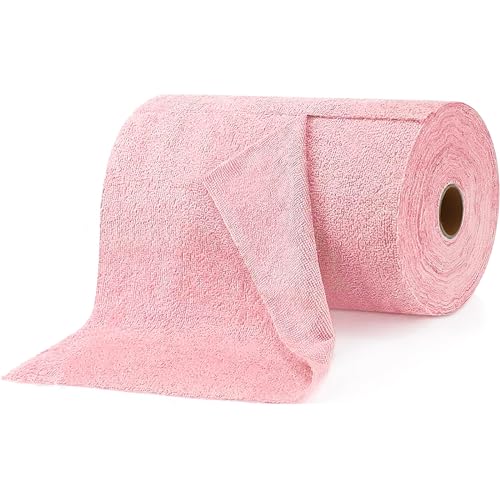Hi all,
As the title suggests; would I be able to run 2 of these pumps and controllers (I already have this one and am planning to buy a second set) off of this one battery? Or would I need to buy a secondary battery?
The second (new) set will only be used twice a week, for about 6-8 hours per day, if this makes any difference at all?
Cheers,
Wez
My battery : : My pump + controller
: My pump + controller 
As the title suggests; would I be able to run 2 of these pumps and controllers (I already have this one and am planning to buy a second set) off of this one battery? Or would I need to buy a secondary battery?
The second (new) set will only be used twice a week, for about 6-8 hours per day, if this makes any difference at all?
Cheers,
Wez
My battery :
 : My pump + controller
: My pump + controller 
























